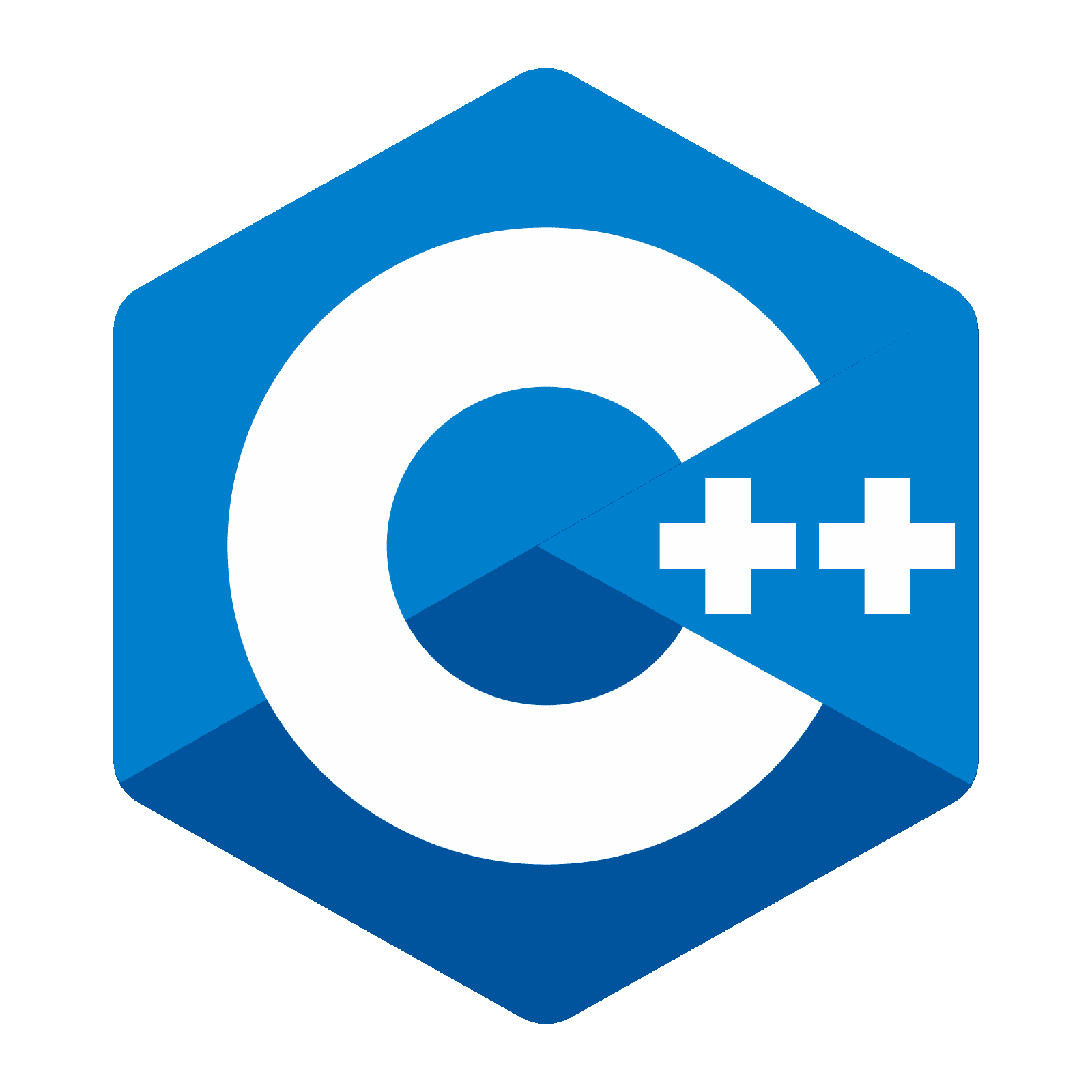
C++ is a powerful programming language that has been widely used in various industries for decades. From high-performance applications to embedded systems and game development, C++ offers exceptional versatility and performance. If you aspire to become a professional C++ programmer or enhance your existing skills, you're in the right place. In this blog post, we will introduce you to a comprehensive C++ professional programming course that covers the essential concepts and advanced techniques necessary to excel in the world of C++ development.
C++ is a powerful programming language that has been widely used in various industries for decades. From high-performance applications to embedded systems and game development, C++ offers exceptional versatility and performance. If you aspire to become a professional C++ programmer or enhance your existing skills, you're in the right place. In this blog post, we will introduce you to a comprehensive C++ professional programming course that covers the essential concepts and advanced techniques necessary to excel in the world of C++ development.
Before diving into advanced topics, it is crucial to grasp the fundamental concepts of C++. This course begins with an introduction to variables, data types, operators, control structures, functions, and object-oriented programming (OOP) principles. You will learn how to write clean and efficient code while understanding the core principles that make C++ a powerful language.
Object-oriented programming is at the heart of C++, allowing you to create modular, reusable, and extensible code. This course delves into the intricacies of OOP, covering topics such as classes, objects, inheritance, polymorphism, and encapsulation. You will gain a deep understanding of how to design and implement robust object-oriented systems using C++.
The Standard Template Library is a collection of powerful algorithms, containers, and iterators that greatly simplify C++ programming. In this course, you will explore the STL and its various components, such as vectors, lists, queues, stacks, and algorithms like sorting and searching. You will learn how to leverage the STL to write efficient and maintainable code.
Bugs and errors are inevitable in any software development process. This course focuses on teaching you how to effectively handle exceptions and manage errors in your C++ programs. You will learn about exception handling mechanisms, error logging, and how to write robust code that gracefully handles unexpected situations.
Proper memory management is critical in C++ to prevent memory leaks and optimize resource utilization. This course covers memory management techniques, including manual memory allocation and deallocation using new and delete operators. Furthermore, you will delve into smart pointers, such as unique_ptr, shared_ptr, and weak_ptr, which automate memory management and enhance code safety.
To truly master C++, you need to explore its advanced features and techniques. This course introduces topics such as templates, lambda expressions, multithreading, file I/O, and networking. By leveraging these advanced features, you will be able to develop high-performance and scalable applications.
Every professional programmer should be proficient in debugging, testing, and optimizing their code. This course equips you with essential tools and techniques to debug and test your C++ programs effectively. You will also learn how to optimize your code for performance, memory usage, and efficiency.
To solidify your knowledge and skills, this course includes a real-world project that allows you to apply what you've learned. You will work on a practical C++ application, implementing best practices and industry standards. This hands-on experience will enhance your problem-solving abilities and prepare you for real-world programming challenges.
Conclusion:
Becoming a proficient C++ programmer requires dedication, practice, and comprehensive learning resources. The C++ professional programming course outlined in this blog post covers all the essential topics, from the fundamentals of C++ to advanced techniques and best practices. By completing this course, you will gain the knowledge and skills necessary to excel in the world of C++ development, whether you're aiming to